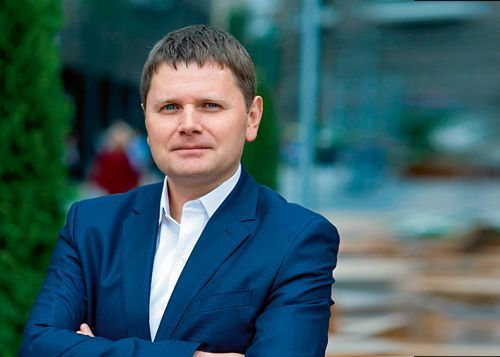In the wake of the shooting down of the Malaysia Airlines Flight MH17 over Ukraine, allegedly by pro-Russian rebels,the world has seen another escalation of what has now turned into a global political crisis. One of the main results of the July incident has been the formation of united front by the West in imposing the stiffest anti-Russian sanctions in the post-Cold War era. These include denying Russian state-owned banks access to western capital markets, an embargo on Russia’s arms trade and some limitations on the export of equipment and technology to Russia used in fossil fuel extraction. In response, in the first week of August Putin imposed a one-year embargo on agricultural and food product imports from Australia, Canada, the EU, the US and Norway. The list of banned products includes fruit, vegetables, meat, fish and dairy products.
Deterioration of business
The sanctions war has posed further challenges to a Russian economy that has already slowed considerably after the a





























































